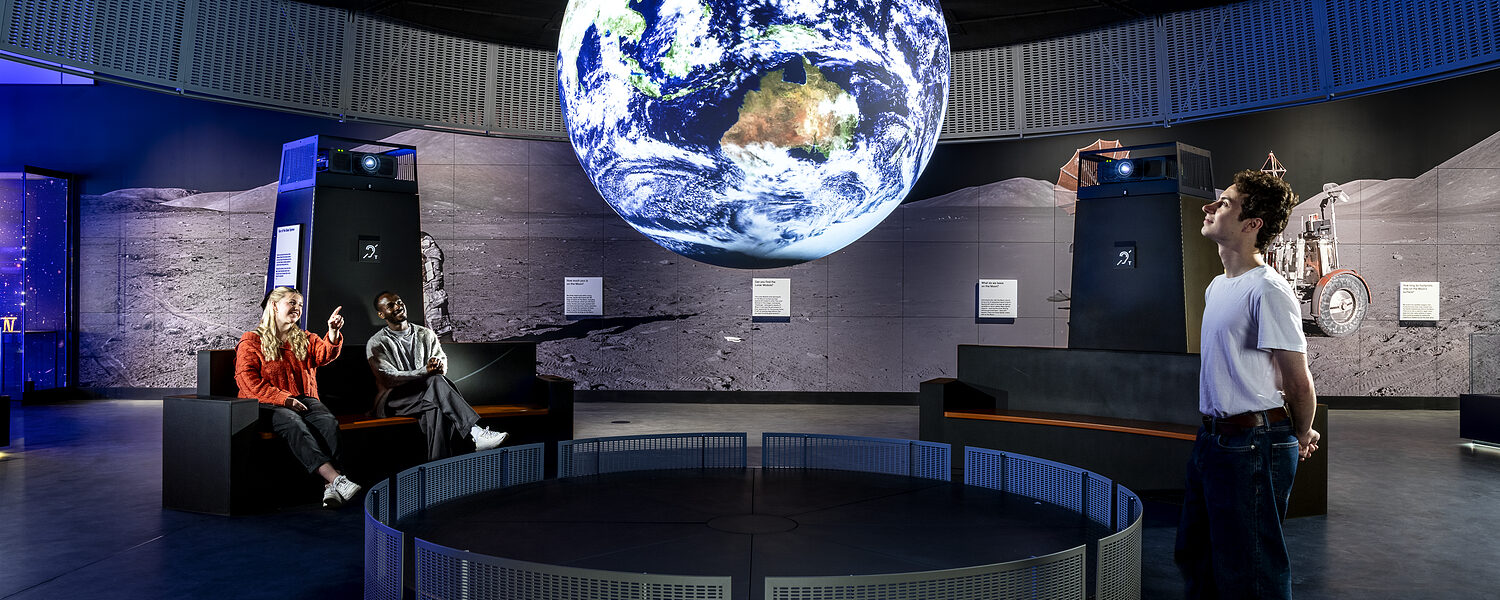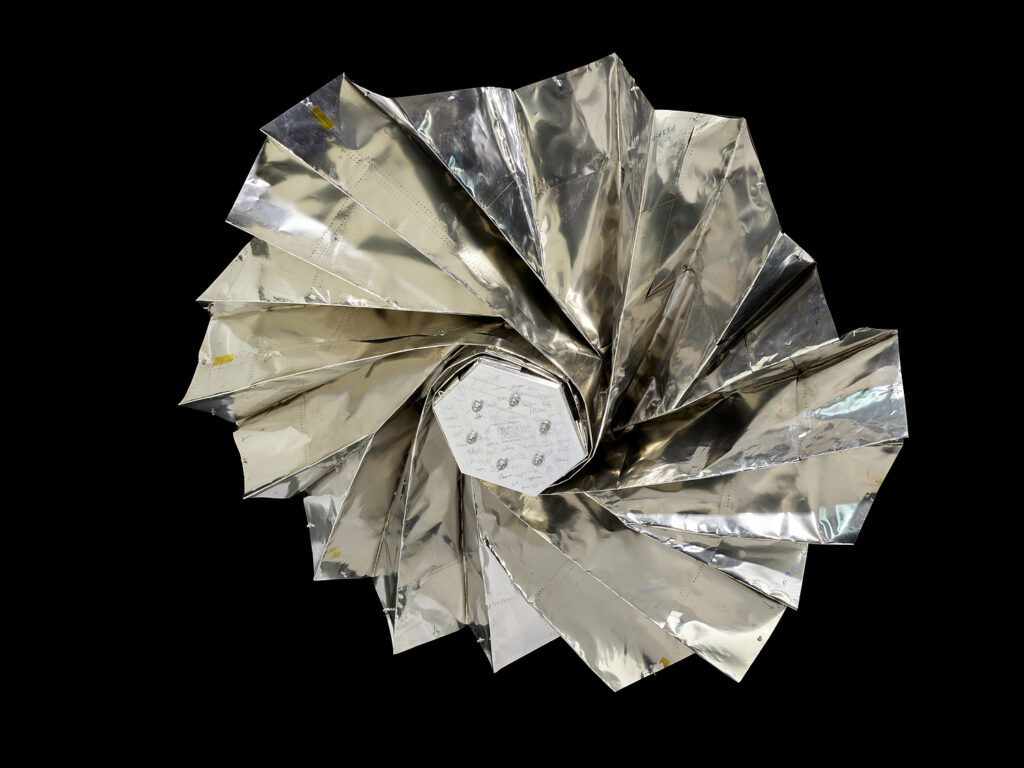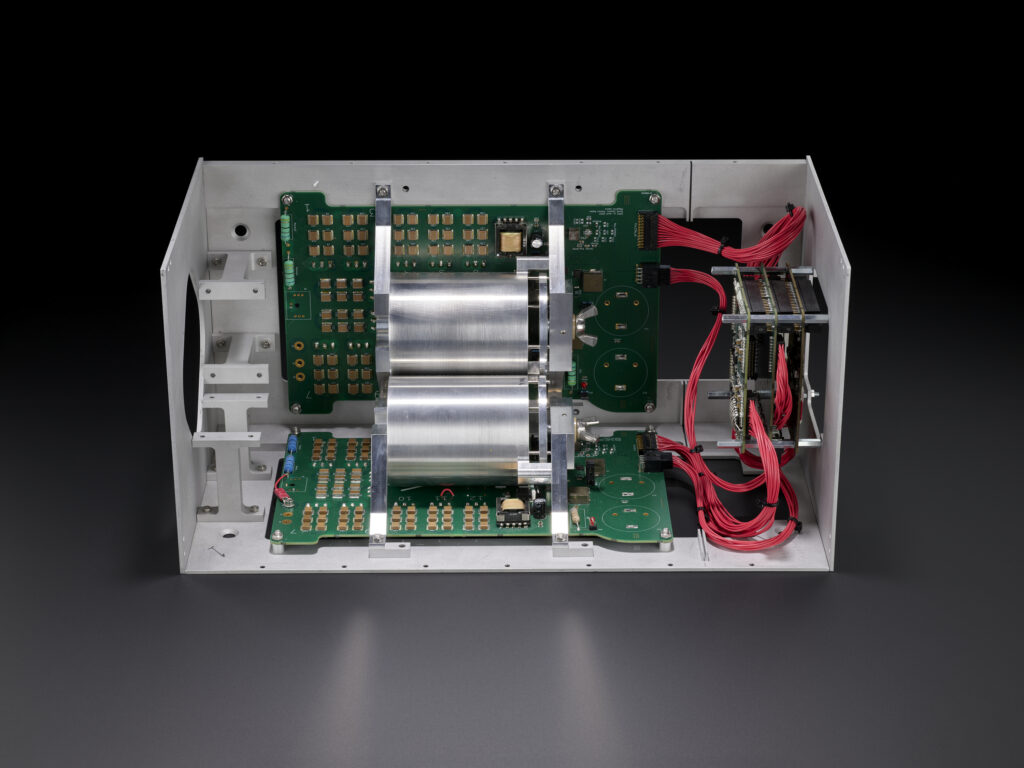Many people think of space as a distant place — a realm of rockets, astronauts and moon dust, but it’s actually as close as your phone. Every GPS route, financial transaction and weather forecast depends on the satellites that soar through space, orbiting high above us. So much of modern life relies on them, yet the importance of space to our everyday lives is not always realised by people.
That’s why, at the Science Museum, we see space not just as exploration but as explanation: a way to show how science underpins everyday life. Which is why the new House of Lords report published this week, The Space Economy: Act Now or Lose Out, matters so much. It warns that the UK could miss out on the economic and strategic rewards of the new space age — not through lack of talent or innovation, but through lack of coordination.
This report is the culmination of nearly a year of work, hearings, reviewing written evidence and then discussion by the UK Engagement with Space Committee.
I had the pleasure of meeting with Baroness Catherine Ashton, who chaired the committee, to discuss the findings ahead of publication. One of the things she said that struck me most was that, before this inquiry, she and many of the committee members hadn’t realised just how much space is part of our everyday lives. I know this is not an uncommon view — and it’s exactly why the work we do at the Science Museum to share the excitement and relevance of space is so important.
The report makes it clear: space is not a luxury or a distant frontier. It’s critical national infrastructure. The UK space sector contributes over £18 billion to our economy, supports nearly 50,000 high-productivity jobs, and plays a vital role in tackling global challenges — from climate monitoring to secure communications. It’s a sector built on science, engineering, and ambition — and it’s growing fast.
And yet, as the report notes, space and the huge range of benefits it brings to us here on Earth, can still be something of a mystery to many. That’s precisely what gives astronauts and rockets such an important role. Baroness Ashton told me, “There’s no substitute for an astronaut to get kids excited about space.” She’s absolutely right. Throughout my career, notably when I worked for the UK Space Agency, I’ve seen how astronauts use their spotlight to shine a light on the entire space ecosystem — from engineers and scientists to mission planners and manufacturers. They’re the gateway to deeper understanding. Rockets and astronauts may be the most visible symbols of space, but they’re also the most powerful tools we have to connect people to the broader story.
That’s why we’re so proud of our new Space gallery at the Science Museum. It celebrates the human stories of space, but also showcases the breadth of UK innovation. From Space Forge’s Pridwen heat shield, designed to return materials manufactured in space, to Magdrive’s prototype thrusters that will revolutionise spacecraft manoeuvrability, and Astroscale’s docking plate tackling space debris, all of these objects tell stories of the areas that the report highlights as UK areas of expertise.
We also feature the Black Arrow nose cone and Prospero satellite — reminders that the UK is one of the few nations to have launched its own satellite on its own rocket. With new UK spaceports preparing to launch again, these stories are not just historical — they’re timely, relevant, and vital to tell.
Now that the report is published, the Government has two months to respond, and that response will be debated in the House of Lords. It’s a fascinating example of how policy is shaped — and how we can all engage with it.
At the Science Museum, we’re passionate about inspiring young people to take up careers in science, technology, engineering and mathematics. Space has extraordinary potential to do just that. But as the report points out, it’s still misunderstood. That’s why we’re committed to using our platform to break down barriers, spark curiosity, and help people see how space touches their lives — and how it can shape the UK’s future.
If you’re interested in space, policy, or simply how the world works, I’d encourage you to read the report and follow the journey. It’s a story of opportunity, challenge, and ambition — and it’s one we’re proud to be part of.


